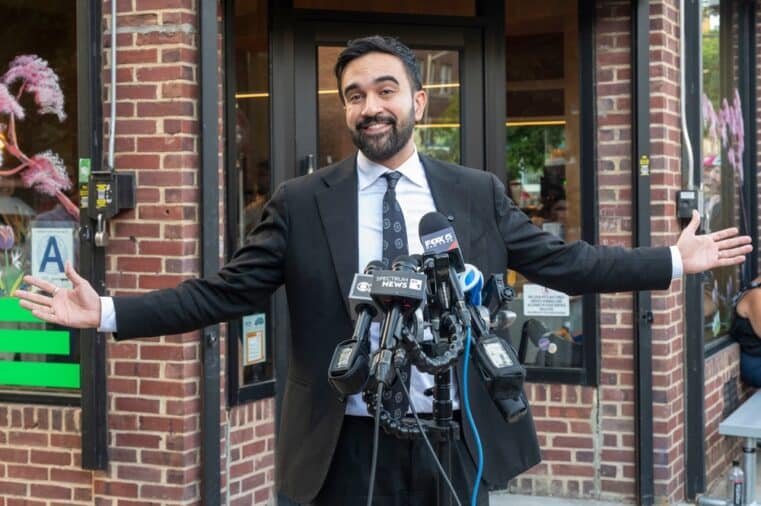
Did Capital One Just Get Caught Stealing From Online Creators?
The Hidden Heist in Your Browser
Have you ever installed a “helpful” browser extension without a second thought—only to later discover that it was silently draining your earnings? For thousands of digital creators, bloggers, and influencers, that nightmare has a name: Capital One Shopping.
Now, thanks to a ruling by U.S. District Judge Anthony Trenga, the truth may finally see the light of day. The court has allowed a class-action lawsuit to proceed, alleging that Capital One’s “coupon-finding” extension diverts affiliate commissions by hijacking tracking cookies—cutting creators out of the revenue loop.
And yet the deeper question isn’t if a bank manipulated the digital rails. The real question is this: How many more of these hidden theft mechanisms are embedded in our daily digital lives, disguised as tools of convenience?
The Mechanics of Manipulation
Affiliate marketing is a lifeline for the decentralized creator economy. It allows independent voices to earn a living by linking audiences to products and services. Every link is tracked. Every commission is coded into a cookie. And according to the plaintiffs in this case—Jesika Brodiski and Peter Hayward—Capital One's extension deliberately overwrote these codes, inserting its own instead.
That’s not just a glitch. That’s a calculated override.
The allegations don’t stop at mere commercial interference. Plaintiffs are invoking the Computer Fraud and Abuse Act—a serious federal claim typically reserved for cyber intrusions. The argument? That Capital One knew exactly what it was doing. That it intentionally inserted itself into the digital handshake between creators and their audiences, rerouting the revenue midstream.
In a world built on data, cookies are currency. When a multibillion-dollar institution reroutes that data to its own servers and claims the cash, what you have isn’t innovation—it’s institutional piracy.
This Isn’t an Isolated Offense
Capital One, of course, denies the allegations, stating its extension “does not replace affiliate marketer cookies.” But let’s put that in context. This is the same institution that recently settled a $475 million case for quietly burying better-yield savings accounts—hiding 4% returns behind 0.3% rate shells.
You see the pattern?
It’s not just about browser extensions or bank products. It’s about a system designed to exploit information asymmetry. The elite institutions know the rules of the game. They write them. And every time you click “accept” on another terms-of-service screen, you’re unknowingly playing by them.
The Bigger Picture: Extraction Disguised as Convenience
This case is a canary in the coal mine.
The same financial titans that lobbied for opaque monetary policy, that celebrated the centralization of digital finance, are now extending their grip into the affiliate economy—a space born from decentralization, individual creativity, and entrepreneurial grit.
Here’s what’s coming next: The further integration of browser extensions, payment rails, and artificial intelligence will allow these giants to predict your spending before you even click. Then they’ll redirect it—skim a commission—while selling your behavioral data to the highest bidder. It’s surveillance capitalism 2.0.
And for every digital creator out there: This lawsuit is your wake-up call. If your income relies on the transparency of affiliate links or creator economy tools, understand this—you are not in control of your infrastructure.
What You Can Do Right Now
- Audit Your Extensions: Every tool you use should be open-source or independently verified. If you can't trace how it monetizes, assume you're the product.
- Consider the Possibility of Decentralized Monetization Models: Consider using blockchain-based affiliate tracking or direct payment protocols but only if it suits you. These systems can't be intercepted by centralized intermediaries.
- Speak Out and Educate: Share this lawsuit with fellow creators. Awareness is the first line of defense against digital exploitation.
Final Word
Capital One’s alleged cookie hijacking isn’t a bug—it’s a feature of a predatory system. One that thrives when you're distracted by convenience and asleep at the financial wheel.
So I’ll leave you with this: If they can steal from digital creators in plain sight and still plead innocence, what else are they taking while you’re not looking?
Wake up. Take back control.
Call to Action
The financial landscape is shifting faster than most realize, and those who fail to prepare risk being left behind. If you’re ready to take control of your financial destiny, I’ve got two resources that can help you start today:
👉 Download my free book, "Seven Steps to Protect Your Bank Accounts", and learn actionable strategies to shield your wealth from the coming economic storm. Get your copy here
📕 Prefer the feel of a hardcover? I’m offering "The End of Banking as You Know It" by Bill Brocius at a special price of $19.95 (normally $49.95 on Amazon). Order your copy here
Because in a world where control of the money means control of the people, your sovereignty begins with knowledge—and the courage to act.











